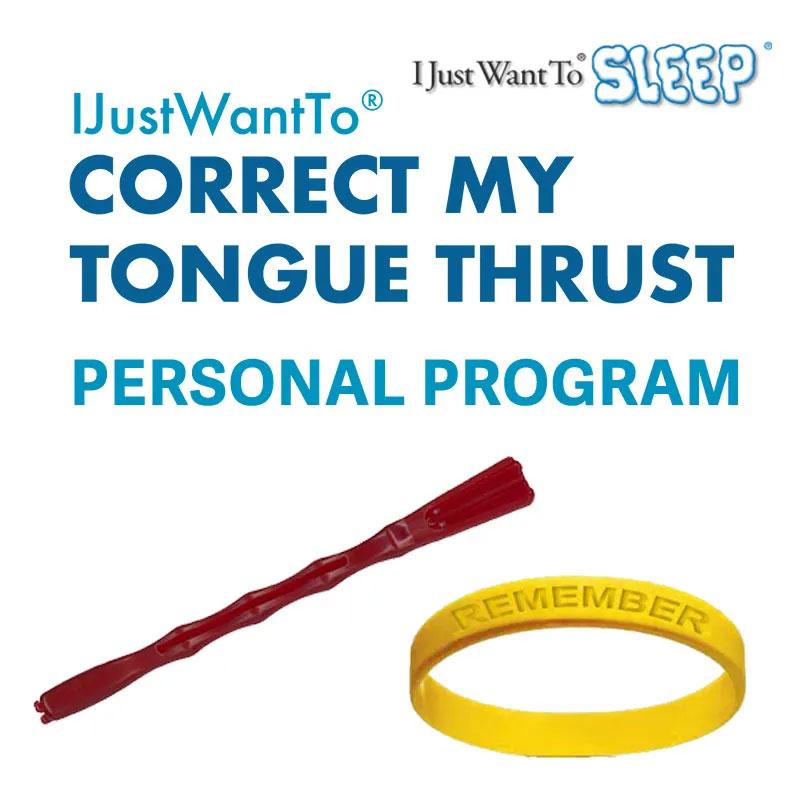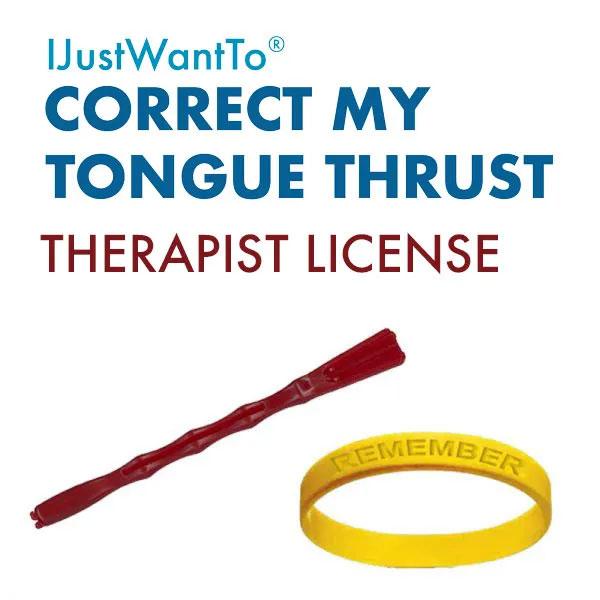Help your child succeed with tongue exercises that feel more like play than practice! This guide shows you how to make tongue exercises engaging and effective for children, based on proven techniques that have helped hundreds of kids worldwide.
Why Tongue Exercises Matter for Kids
Proper tongue position and strength can help your child with:
- Clearer speech
- Better sleep
- Proper breathing
- Dental alignment
- Overall confidence
Success Stories from Young Participants
"When I wake up now, I feel happy and want to jump around. It's easier to think in school. My grades are better. I used to not ever have 100 on my spelling test but now I make 100 lots of times." - Mary S., 9 years
Making Exercises Fun
Turn Practice into Play
- Use positive rewards
- Create progress charts
- Make it a family activity
- Celebrate improvements
- Keep sessions short and fun
Kid-Friendly Exercise Program
Daily Schedule
- Morning practice (5 minutes)
- Evening routine (5 minutes)
- Fun reminders throughout day
- Consistent practice times
Success Signs
Watch for:
- Better sleep
- Improved focus
- More energy
- Clearer speech
- Happier moods
What Kids Say About the Program
"I feel better when I wake up now. No more dry mouth or sore throats in the morning." - Alex G., 8 years
"I'm not as cranky and irritable in the mornings. It's easier to concentrate in school and I don't get sleepy during the day." - Alexis T., 10 years
Parent Tips for Success
Making It Routine
- Choose consistent times
- Create fun reminders
- Use positive reinforcement
- Track progress visually
- Celebrate small wins
Keeping Kids Motivated
- Sticker charts
- Progress badges
- Weekly rewards
- Family participation
- Fun challenges
Real Results Parents Notice
"My child was cooperative with the exercises because he too noticed a difference. This product has definitely changed my child's life." - M.G., Thunder Bay
Age-Appropriate Approach
For Children 8 and Older:
- Structured but fun exercises
- Clear instructions
- Regular practice times
- Progress tracking
- Family involvement
Making Progress Fun
Weekly Goals
- Complete daily exercises
- Track improvements
- Earn rewards
- Share success stories
- Celebrate progress
Monthly Achievements
- Better sleep patterns
- Improved focus
- Enhanced energy
- Clearer speech
- Greater confidence
Tips from Successful Kids
"I fall asleep faster at night and I feel better when I wake up." - Austin H., 12 years
Program Benefits
Children typically experience:
- Better Sleep
- Quieter nights
- More restful sleep
- Morning energy
- Improved Focus
- Better concentration
- Enhanced learning
- Clearer thinking
- Overall Well-being
- More energy
- Better mood
- Increased confidence
Getting Started Guide
First Steps
- Learn proper techniques
- Create fun routine
- Set up reward system
- Track progress
- Stay consistent
Weekly Progress
- Note improvements
- Give rewards
- Celebrate success
- Adjust as needed
- Keep it fun
Success Tips
- Stay Consistent
- Regular practice times
- Daily routines
- Fun reminders
- Family support
- Make It Enjoyable
- Game-like approach
- Positive rewards
- Family participation
- Progress celebrations
Parent Success Stories
"Her snoring is now almost non-existent, and she sleeps through the night! Most mornings she now wakes on her own." - Melodie M., mother of an 8-year-old
Maintaining Progress
Long-term Success
- Continue regular practice
- Monitor improvements
- Adjust exercises as needed
- Keep celebrating wins
- Stay positive
Purchase Online and Start Today!
Conclusion
Tongue exercises can be fun and effective when approached with creativity and consistency. By making the process enjoyable and celebrating progress, your child can achieve lasting improvements while having fun along the way.
[Note: This guide is educational. Consult healthcare providers for proper evaluation and guidance for your child.]

